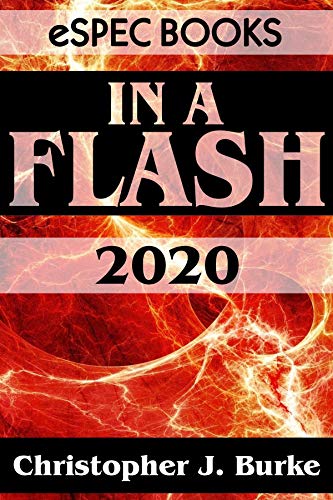More Algebra 2 problems.
August 2017, Part II
All Questions in Part II are worth 2 credits. Work need be shown (or explained or justified) for full credit. Correct numerical answers with no work receive one credit.
25.Explain how (−8)(4/3) can be evaluated using properties of rational exponents
to result in an integer answer
Answer:
A rational exponent, like (4/3), can be re-written as (4) * (1/3), which means to take the fourth power of the cube root of the expression (-8). (The power of a power rule)
The cube root of -8 is -2, which when raised to the 4th power is (-2)4 = 16, which is an integer.
26. A study was designed to test the effectiveness of a new drug. Half of the volunteers received the drug. The other
half received a sugar pill. The probability of a volunteer receiving the drug and getting well was 40%. What is
the probability of a volunteer getting well, given that the volunteer received the drug?
Answer:
The probability of two things occurring is 40%. The combined probability can be found by multiplying the two independent probabilities.
Since we know one of those probabilities, we can solve for the other.
P(A) * P(B) = .40
1/2 * P(B) = .40
P(B) = .80
There was an 80% chance that if the volunteer received the drug that he (or she) would get better.
Comments and questions welcome.
More Algebra 2 problems.

















No comments:
Post a Comment